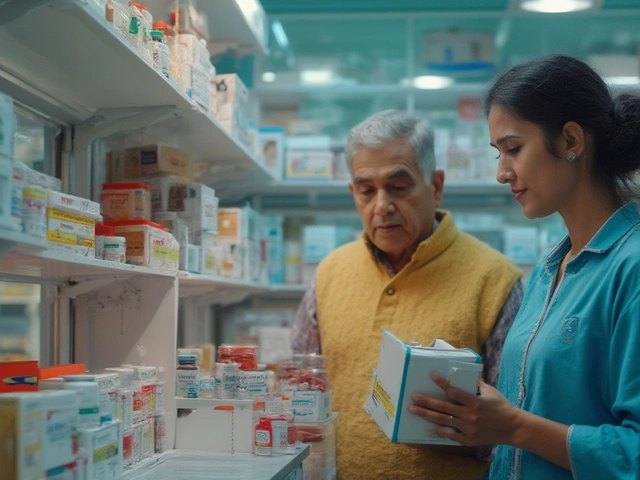Explore the most treatable mental illnesses with practical tips, real-world facts, and recovery stories. Learn what makes certain conditions easier to treat and how to take action.
Read MoreDepression Treatment: Practical Ways to Feel Better
If you’re wrestling with low mood, you’re not alone. Depression can make even simple tasks feel heavy, but there are several proven ways to lift that weight. Below we break down the most common treatments, how they work, and what to expect so you can decide what fits your life.
Medical Treatments
Prescription medicines are often the first step for moderate to severe depression. Selective serotonin reuptake inhibitors (SSRIs) like fluoxetine or sertraline increase the brain’s serotonin levels, helping mood stabilize within a few weeks. Serotonin‑norepinephrine reuptake inhibitors (SNRIs) such as venlafaxine target two neurotransmitters and can be useful if SSRIs don’t help.
Doctors may also suggest atypical antidepressants (e.g., bupropion) that work differently and have a lower risk of sexual side effects. If medication alone isn’t enough, a combination of two drugs or adding a low‑dose antipsychotic can boost results.
It’s normal to feel jittery or experience mild nausea when you start a new pill. Those symptoms usually fade after a couple of weeks. Keep a simple symptom diary and discuss any worries with your doctor – adjusting dose or switching meds is common.
Therapies and Lifestyle Changes
Talk therapy is a cornerstone of depression care. Cognitive‑behavioral therapy (CBT) teaches you to spot negative thought patterns and replace them with realistic ones. Sessions are short‑term, often 12‑16 weeks, and you walk away with concrete tools you can use daily.
For people who prefer a broader view, interpersonal therapy (IPT) focuses on relationship issues that may be feeding the depression. Mindfulness‑based cognitive therapy (MBCT) blends meditation with CBT techniques, helping you stay present and reduce rumination.
Beyond formal therapy, everyday habits matter. Regular exercise—even a brisk 30‑minute walk—releases endorphins and improves sleep. Aim for a balanced diet rich in omega‑3 fatty acids (found in fish, walnuts, flaxseed) which supports brain health.
Sleep hygiene can make a big difference. Keep a consistent bedtime, turn off screens an hour before sleep, and create a dark, quiet bedroom. If insomnia persists, a short course of a sleep‑friendly antidepressant may be prescribed.
Some turn to natural supplements like St. John’s wort, saffron extract, or omega‑3 capsules. Evidence is mixed, and these can interact with prescription meds, so always check with your doctor before starting.
Finally, social support is huge. Reach out to friends, join a support group, or volunteer. Sharing your experience reduces isolation and gives you fresh perspective.
Depression is treatable, but the best plan often mixes medication, therapy, and lifestyle tweaks. Start a conversation with a healthcare professional, keep notes on how you feel, and be patient—most people notice improvement within 4‑6 weeks. You deserve relief, and the right combination is out there waiting for you.





